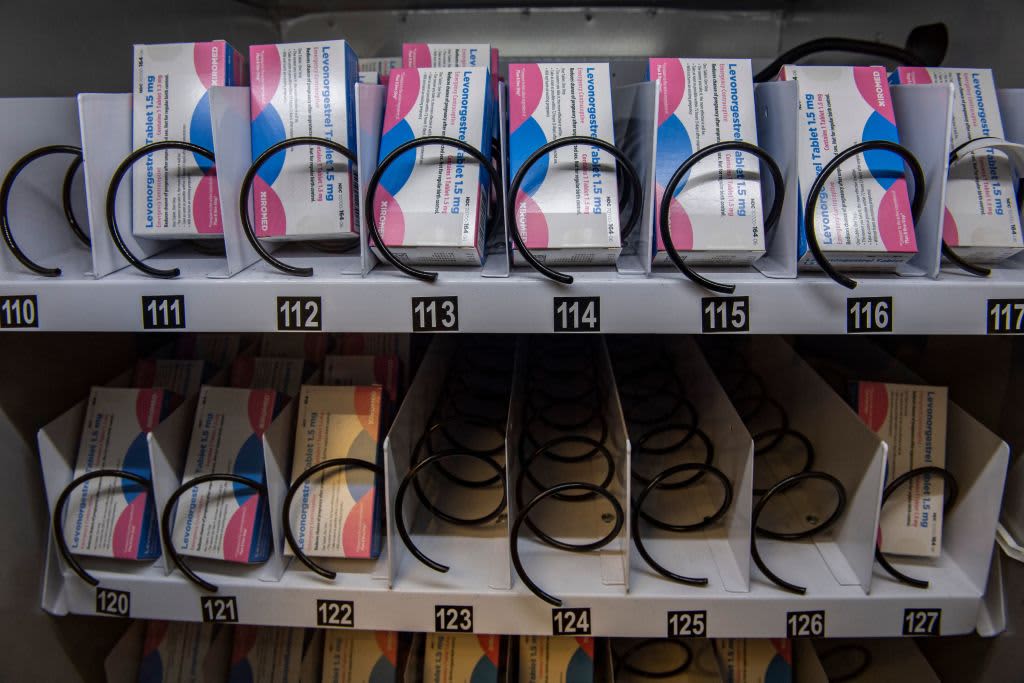Emergency Contraception Vending Machines On Campus: Removing Barriers to Reproductive Health
In recent years, there has been a growing movement on college campuses to improve access to reproductive health services for students. One innovative solution that has gained popularity is the installation of emergency contraception vending machines on campus. These machines provide students with discreet and convenient access to emergency contraception, also known as the morning-after pill, without the need for a prescription or visit to a doctor.
The availability of emergency contraception vending machines on college campuses helps to address several barriers that students may face when seeking access to reproductive health services. For many students, the cost of visiting a doctor or purchasing emergency contraception from a pharmacy may be prohibitive. Additionally, the stigma surrounding discussions of sexual health and contraception can prevent students from seeking the care they need. By making emergency contraception easily accessible in a private and nonjudgmental manner, vending machines can help to remove these barriers and ensure that students have the tools they need to make informed choices about their reproductive health.
Furthermore, emergency contraception vending machines can also be a valuable resource for students who may have experienced sexual assault or coercion. In cases of sexual violence, access to emergency contraception can be crucial in preventing an unintended pregnancy. Having vending machines on campus that provide immediate access to emergency contraception can help to ensure that survivors of sexual violence have the support they need to make decisions about their reproductive health.
While some may argue that the presence of emergency contraception vending machines on campus promotes risky behavior or undermines the importance of regular contraception methods, research has shown that increased access to emergency contraception does not lead to an increase in unprotected sex or STI rates. Instead, these machines provide a safety net for students who may have had a contraceptive failure or unprotected sex, and offer a valuable solution in situations where timely access to emergency contraception is essential.
In conclusion, the installation of emergency contraception vending machines on college campuses is a positive step towards improving access to reproductive health services for students. By removing barriers to care, providing privacy and discretion, and offering immediate access to emergency contraception, these machines can help to empower students to make informed decisions about their sexual health. As the conversation around reproductive health continues to evolve, it is important that colleges and universities provide resources that support the well-being and autonomy of their students.
